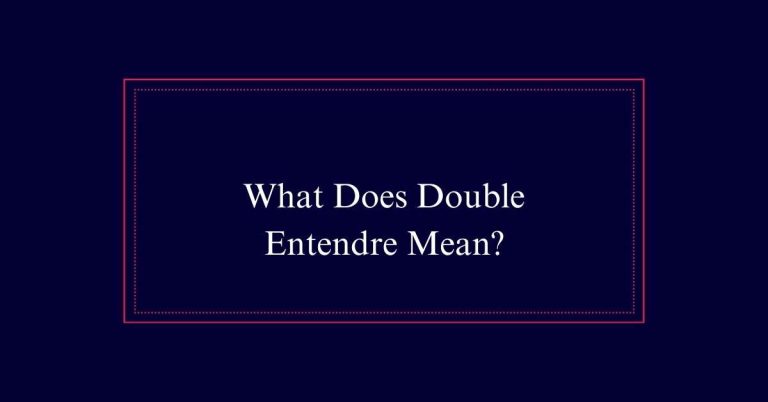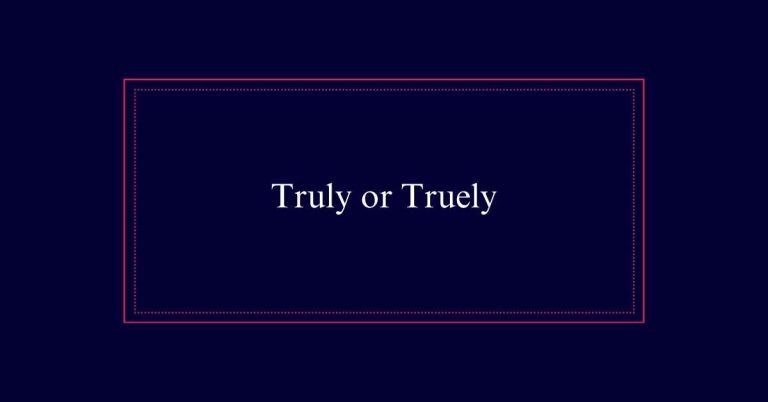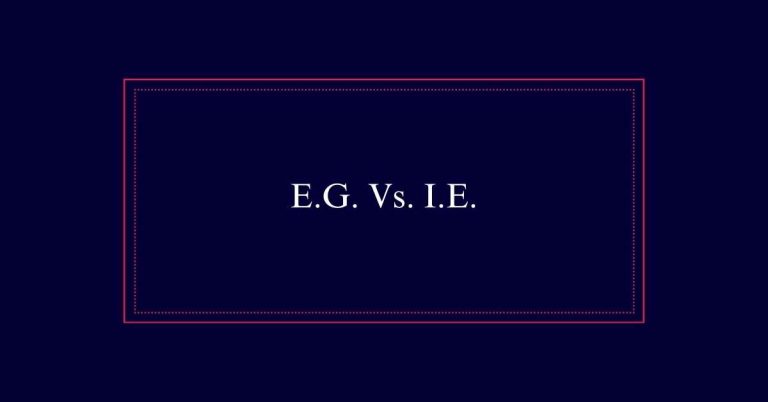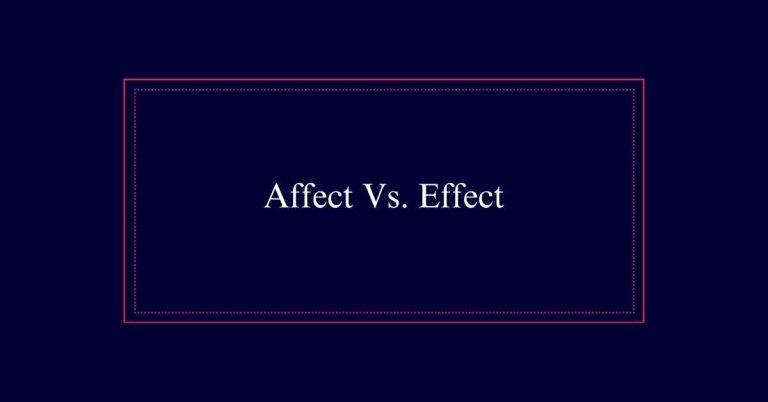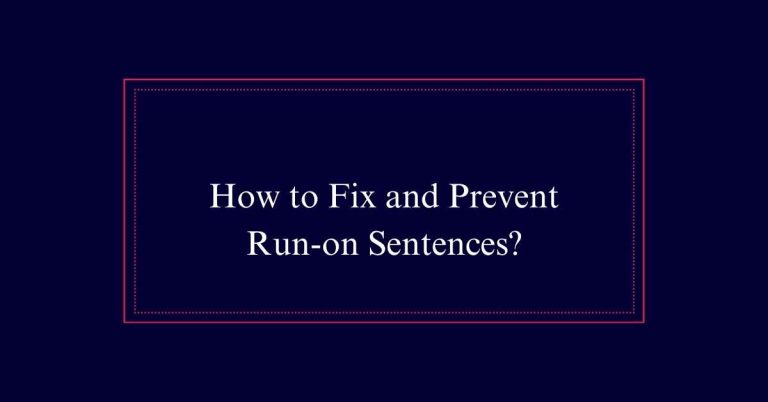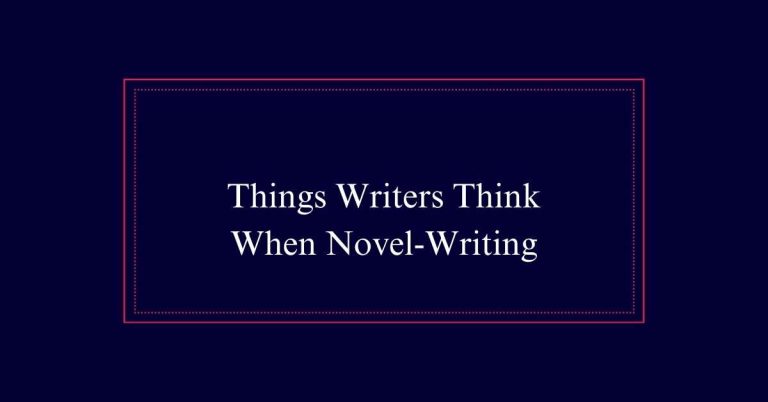6 Endangered Words
Language constantly evolves, causing some words to become endangered. For instance, ‘ambrosial,’ meaning exceptionally tasty or fragrant, has been replaced by simpler terms like ‘delicious.’ ‘Coxcomb,’ once used to describe a vain person, is now rarely used. ‘Dirty’ faces decline as less direct terms become preferred. Historical job titles like ‘fishwives’ are fading due to societal changes and gender-neutral language. ‘Hark,’ meaning to listen, is now almost archaic.
Why Words Become Endangered
Many words become endangered due to shifts in societal norms and linguistic preferences. Complexity in usage rules can make a word less popular.
Words that sound pretentious may also fall out of favor as their usage declines. Additionally, words that have the potential to cause offense are often avoided.
Changes in society’s values and interests can lead to the decline of certain words. For instance, terms that are no longer relevant in modern contexts tend to disappear.
Over time, the natural evolution of language favors simpler and more universally understood expressions. Consequently, words that do not adapt to these changes become less common and eventually endangered.
Ambrosial
Derived from the mythical food of the gods, ‘ambrosial’ describes something exceptionally pleasant in taste or smell. This word conjures images of divine feasts and heavenly fragrances.
Despite its rich connotations, ‘ambrosial’ is becoming less common in modern language. Its decline could be attributed to changing linguistic preferences and the simplification of vocabulary. In contemporary usage, simpler terms like ‘delicious’ or ‘fragrant’ have largely replaced it. This shift reflects a broader trend towards more accessible language.
However, ‘ambrosial’ carries a unique charm and elegance that simpler words lack. Preserving such words can enrich our language and keep its historical and cultural roots alive. Understanding these shifts can help us appreciate the evolving nature of language.
Coxcomb
Originally a term for the fleshy crest on a rooster’s head, ‘coxcomb’ evolved to describe a vain or foolish person. Over time, the word became associated with men who were excessively concerned with their appearance and manners. It was commonly used in literature and daily conversation to critique such behavior.
However, ‘coxcomb’ is now considered an endangered word. Its usage has declined substantially, making it almost obsolete in modern language. The word’s fall from common usage can be attributed to changes in societal norms and the evolution of language.
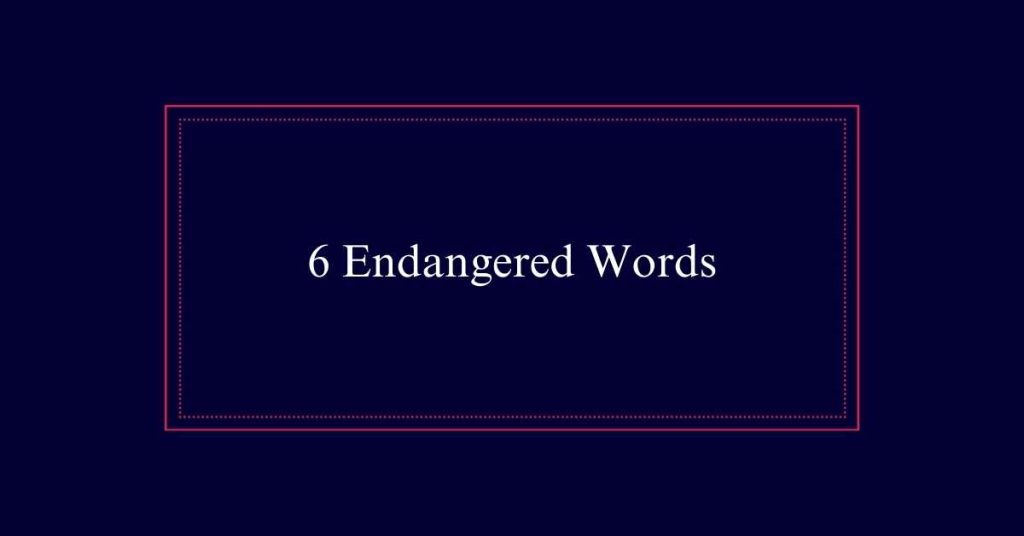
Today, simpler terms like ‘vain’ or ‘foolish’ are preferred. Preserving words like ‘coxcomb’ enriches our language and maintains the richness of historical expressions.
Dirty
Predicted to go extinct within 750 years, the word ‘dirty’ is experiencing a notable decline in usage. Its evolution was rapid, yet research suggests its decline is due to natural selection in language. Modern preferences for less direct and more nuanced terms contribute to its decreasing relevance.
Key Factors | Details
— | —
Evolution | Rapid initial adoption
Decline | Natural selection in language
Relevance | Decreasing in modern contexts
The word ‘dirty’ once widely described uncleanliness or moral impurity. Today, more specific or less offensive terms are preferred. This shift in language reflects societal changes and evolving sensitivities. If current trends continue, ‘dirty’ may become an archaic term, used only in historical or literary contexts. This highlights broader patterns in language evolution.
Fishwives
The term ‘fishwives’ refers to women who sold fish in historical contexts. These women often worked in bustling markets and were known for their loud voices and strong personalities. Over time, the word ‘fishwife’ also came to describe a woman with coarse manners.
This word is considered endangered due to:
- Changes in societal roles of women.
- Evolution of language and market terms.
- Shift towards gender-neutral job titles.
- Decline in traditional fish markets.
- Perception of the term as offensive or outdated.
Despite its decline, ‘fishwives’ offers a vivid glimpse into past marketplaces and the women who thrived there. Its richness and historical significance make it a valuable, though rare, part of our language.
Hark
Hark, an archaic term meaning to listen or hear, has seen a significant decline in usage over time. This word, once common in everyday speech, now appears mainly in literature or historical contexts. Modern language, with its focus on efficiency and simplicity, has little room for such terms.
The decline of ‘hark’ reflects broader changes in how we communicate. Words that are seen as outdated or overly formal are often replaced by simpler alternatives. In this case, ‘listen’ or ‘hear’ have taken its place.
While ‘hark’ may still be found in poetry or classic texts, its presence in contemporary language continues to wane, marking it as an endangered word.
Frequently Asked Questions
How Can We Revive the Usage of Endangered Words?
To revive the usage of endangered words, we can incorporate them into modern media, educational curricula, and literature. Encouraging their use in daily conversations and promoting their meanings on social platforms can also help.
Are There Modern Equivalents to These Endangered Words?
Yes, there are modern equivalents to these endangered words. For example, “ambrosial” can be replaced by “delicious,” “hark” by “listen,” and “coxcomb” by “vain person.” These substitutes are more commonly used today.
Why Do Certain Words Survive While Others Don’t?
Certain words survive due to frequent use, cultural significance, and adaptability to changing contexts. Words that are simple, relevant, and widely understood tend to persist, while those that are complex or outdated often disappear.
Can Endangered Words Make a Comeback in Popular Culture?
Endangered words can indeed make a comeback in popular culture through revival in literature, media, or social movements. Influential figures and trends often play a vital role in reintroducing and popularizing these forgotten terms.
What Role Do Dictionaries Play in Preserving Endangered Words?
Dictionaries preserve words by documenting them, providing definitions, and offering usage examples. This helps guarantee that even rare or declining words remain accessible for future generations, contributing to historical and linguistic research.

